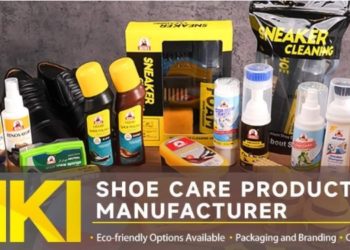As you review your business heading into the new year, now is the ideal time to reset cost structures, refine workflows and boost efficiency. The landscape is shifting all the time with cautious yet hopeful consumers, rising cost pressures and growing value expectations catalysed by a cost-of-living crisis that’s going nowhere anytime soon. These conditions mean that small businesses that tighten up now will be better positioned to thrive.
To that end, here are three smart strategies to save money and streamline operations.
1. Optimise Vehicle Costs Using Temporary Car Insurance
If your business occasionally needs a vehicle but doesn’t require a full-time fleet, consider how temporary car insurance can generate substantial savings. Rather than adding “business use” to an employee’s personal policy or maintaining annual cover for a seldom-used vehicle, short-term policies (available from as little as 1 hour up to 30 days) allow you to pay only when usage occurs.
Use a temporary cover when:
- An employee borrows a personal or third-party vehicle for a one-off business trip or client meeting.
- Your business collects or delivers a newly purchased vehicle that hasn’t yet been added to your main fleet.
This flexibility helps reduce long-term fixed insurance costs while still protecting your operations.
2. Ruthlessly Audit and Consolidate Software Subscriptions
Software costs slip under the radar easily and many business owners are still doing excess admin rather than growth work.
Key actions:
- Every quarter, review all monthly subscription fees on your bank statements. That way you can spot duplicates, overlapping platforms or rarely used premium tiers.
- Are you paying for two project-management tools (Trello and Asana) or multiple cloud storage systems (Dropbox and Google Drive)? Consolidate where possible.
- Review licence counts: are former employees still licensed? Are you on an “Enterprise” plan when a “Standard” one would cover 90 % of your needs? Downgrade those to remove wasted cost.
3. Negotiate Key Supplier and Utility Contracts
Fixed contracts renew automatically but they don’t always reflect your best deal. Many suppliers reserve promotional rates for new customers, leaving loyal clients overpaying. Make it a habit to review (and renegotiate) your largest cost buckets:
- Utilities (energy/broadband): Use comparison sites to get updated quotes, then approach your current supplier with evidence and ask them to match or beat.
- Rent/Lease for commercial space: If you lease property, consider proposing a shorter rent break or discount in exchange for signing a longer-term renewal.
- Office supplies or shipping: Approach alternative vendors with your current volume data and ask for a competitive price then leverage this against your incumbent supplier.
These steps tap into “big-three” cost-centres that likely represent the majority of fixed outgoings and even small reductions add up.
Final Thoughts
Starting the year proactively gives your small business a strategic edge. By following the three tips above you’ll be reducing wasted spend and freeing up resources for growth. The landscape ahead may be unpredictable but that doesn’t mean your finances have to be.
David Prior
David Prior is the editor of Today News, responsible for the overall editorial strategy. He is an NCTJ-qualified journalist with over 20 years’ experience, and is also editor of the award-winning hyperlocal news title Altrincham Today. His LinkedIn profile is here.











































































